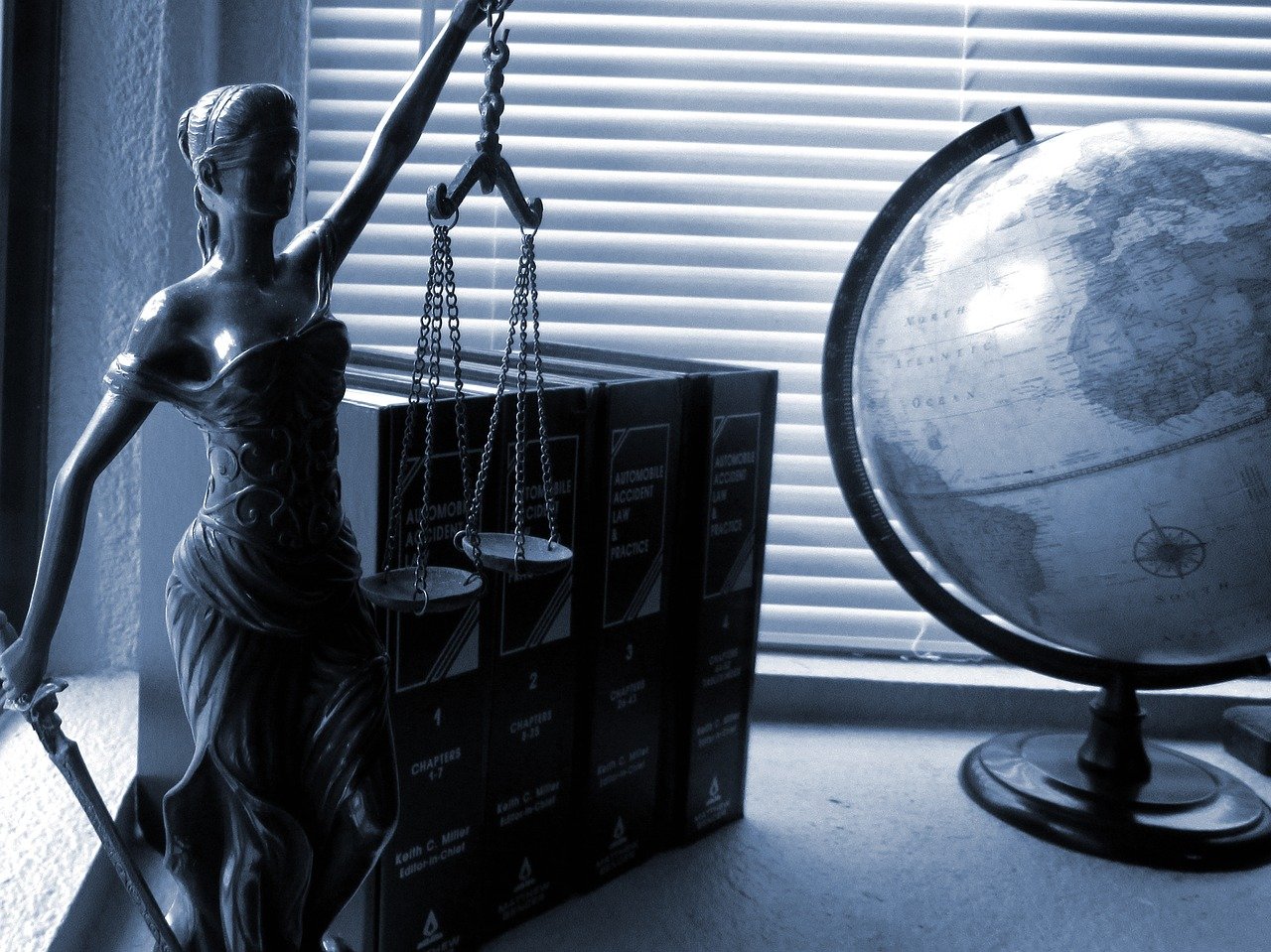Estate planning involves more than creating a Will on how you want your assets handled after your passing. It’s a thorough review of all your property and possessions. During the drafting of your Will, you’ll need to make multiple decisions along the way: deciding who will receive which assets, determining if you need extra protection from creditors, special needs planning for family members, and more. The purpose of these legal documents is to make sure your wishes are carried out after you pass.
Review the below estate planning checklist before meeting with your lawyer to determine where you need assistance.
Why an Estate Planning Checklist is Valuable
If you’re not sure why you need a checklist, ask yourself this question. Are the assets you worked so hard to accumulate over the years preserved for the future?
Your estate plan will safeguard your life’s possessions to ensure they are placed with your intended beneficiaries with minimal stress to your family. Without a legal Will, the courts will determine how to allocate your possessions. This estate planning checklist will give you a complete view of your property and help you prepare for the future. Then once you meet with your lawyer, you can clearly explain your needs.
20 Items to Review When Contemplating Your Estate Plan
This checklist isn’t exhaustive. It’s a guideline to help you review all the main parts of your estate. If you have questions about a specific circumstance or potential situation, please consult your lawyer.
- Document your valuable property (jewelry, collectibles, vehicles, art, antiques, electronics, power tools).
- Document all your non-physical assets (401k’s, IRAs, bank accounts, insurance policies).
- Compile a list of all your digital assets (social media, online logins, email accounts).
- Review any debts (loans, mortgages, lines of credit).
- List any professional organization’s memberships.
- Compile a list of all charities you like to support.
- Sign and date all your lists so you know when it was completed (you may need to update them over the years).
- Keep your beneficiaries current on all insurance policies and retirement funds.
- Designate the person you want as your Will’s executor.
- Determine if you need to set up any special needs planning for a loved one (someone with a disability or an elderly parent).
- Select a Financial Power of Attorney and a Medical Power of Attorney.
- Pick a guardian for any minor children or pets.
- Outline an advance healthcare directive in case you can’t make a medical decision yourself.
- Review all titles and property deeds to make sure the owners listed are correct.
- Keep all your proof of identity documents in one place (birth certificate, social security card, marriage or divorce certificates).
- Determine if you want to leave any of your assets to charities.
- See if any of your accounts has a Transfer on Death Designation.
- If you’re married, you and your spouse should have separate Wills.
- Write instructions of what you want for funeral arrangements.
- Regularly review your Will and other documents in case changes occur.
Next Steps
Next, you’ll want to find an estate planning attorney to help you complete all the legal documents so your wishes can be followed. Read our article that explains which Aspects to Consider When Choosing an Estate Lawyer to help find the right person for you.
Schedule Your Free Consultation with Auld Brothers Law Group
As a Pittsburgh Estate Planning and Estate Administration law firm, we’re here to help you prepare for the future. We serve our clients and their families with easy-to-understand information to remove stress or uncertainty that sometimes occurs during these legal processes.
Contact us to schedule your free 30-minute consultation today.

